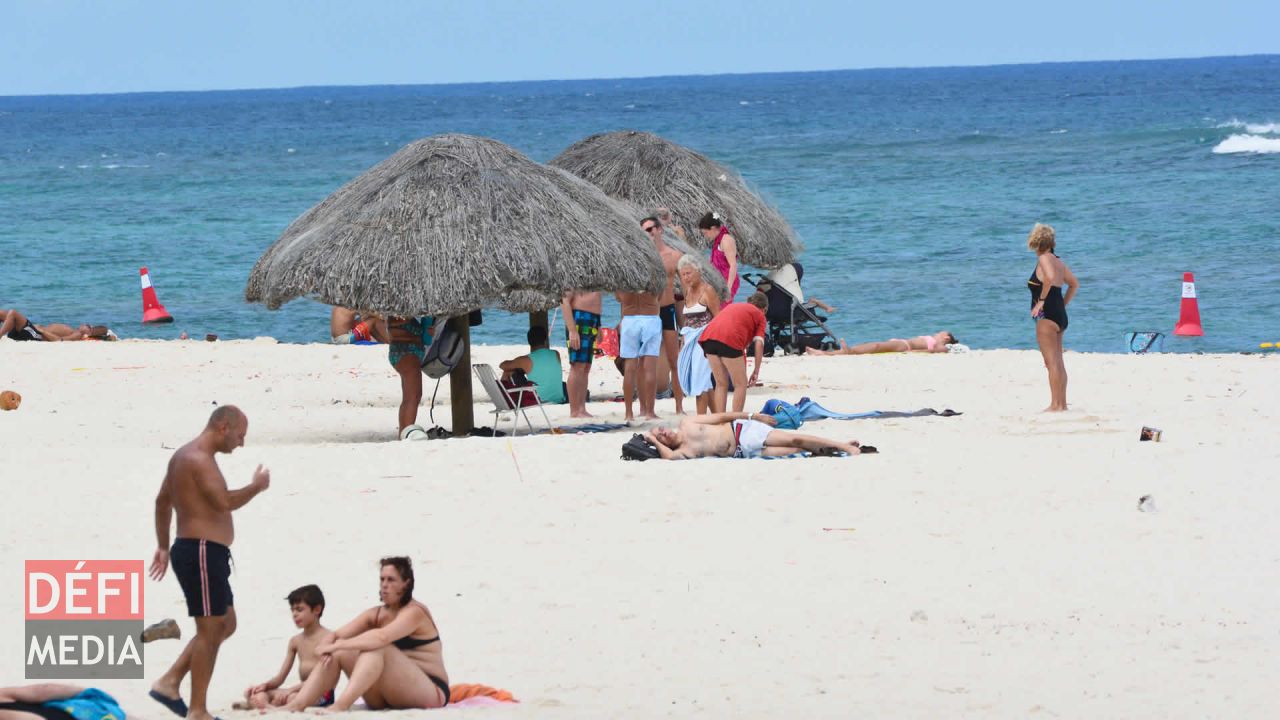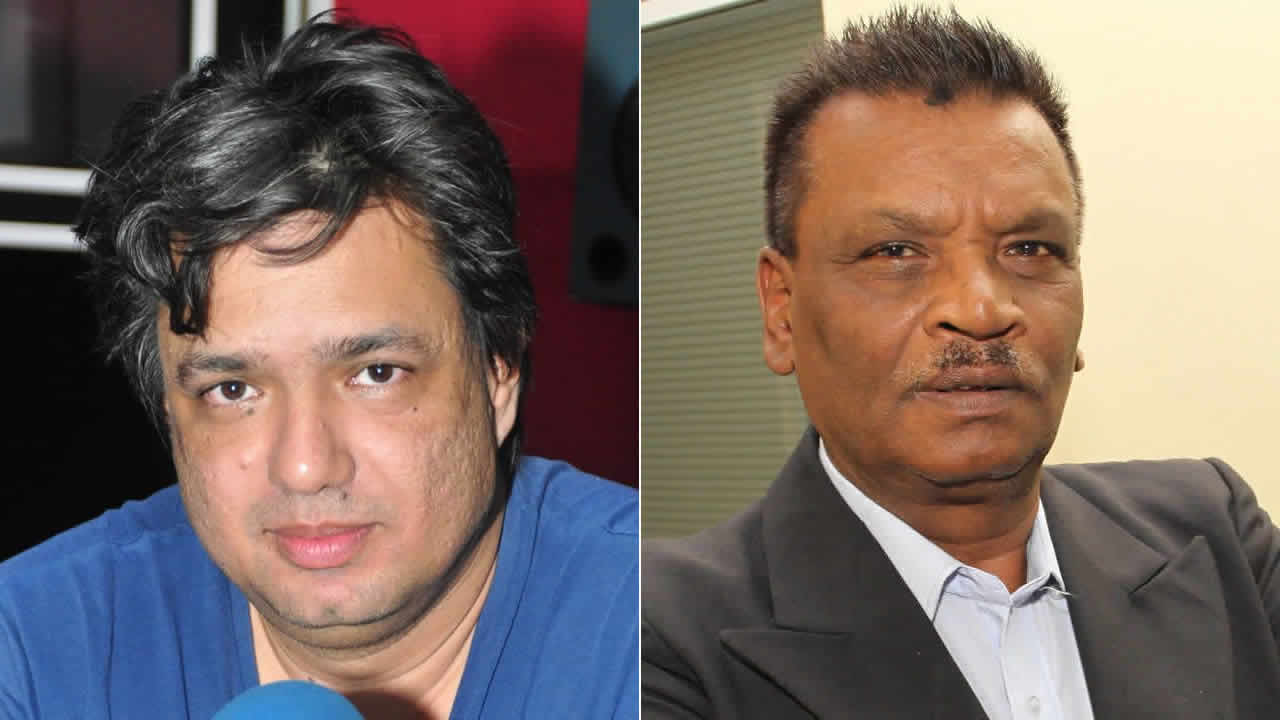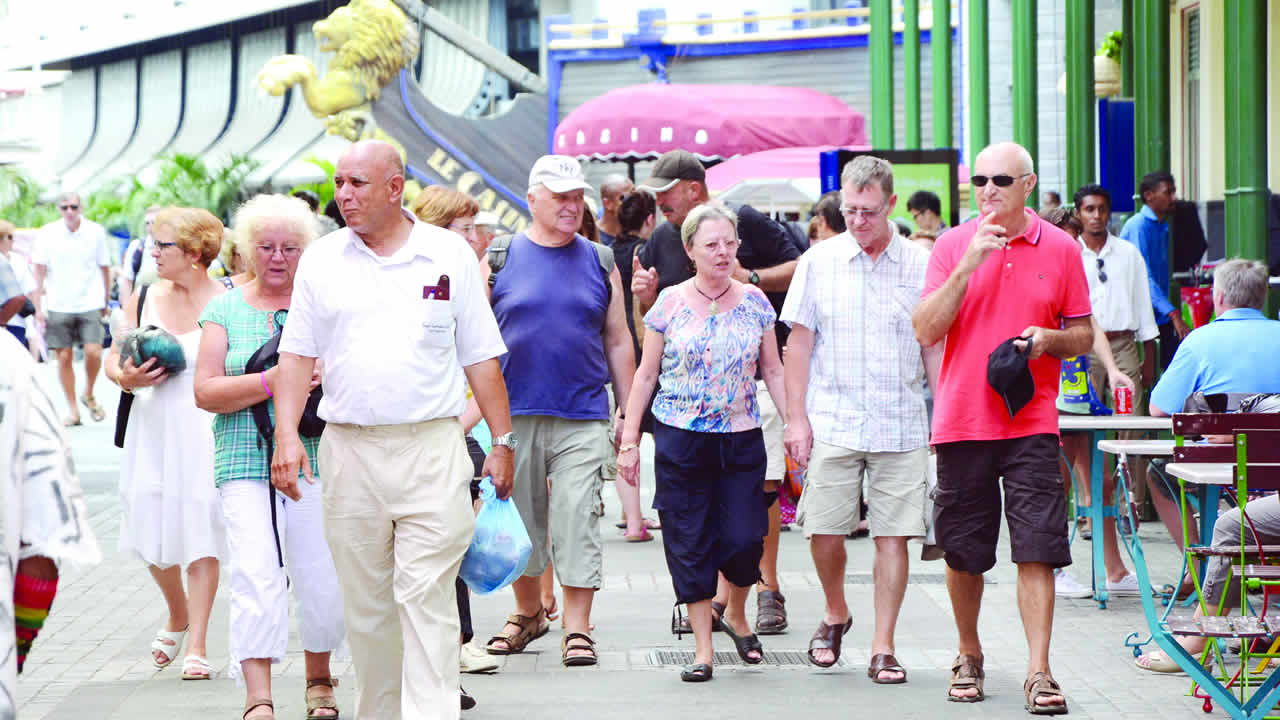
Mauritius tourism industry has experienced major changes since the last decade. We are largely dependent on European visitors, with France being our largest market followed by UK and Germany. However, since 2008, with the diversification strategy adopted, emerging markets like China and India made it among the top 10. Recently, tourist arrivals from Asia and the Middle East have increased significantly. How can we tap the potentials of these emerging markets and consolidate our position?
During the 1st semester 2018, tourist arrivals in Mauritius increased by 3.4%. This compares favorably with Seychelles where a growth of 1.3% was observed. However, Sri Lanka and Maldives registered higher growths of 15.3% and 10.5% respectively.
AHRIM Annual Report 2017-2018 shows that the diversification strategy, pursued by Mauritius outside Europe, have shown a noteworthy figure. “In a continuous growth mode, the share of Asian markets has increased from 7.5% to 15.8% over the last 10 years, whilst in number terms, arrivals increased by a massive 208.8% from 68,449 in 2007 to 211,380 last year.”
Similarly, recent statistics from Statistics Mauritius on tourist arrivals show a clear progression of the Middle East and Asian markets. For instance, for the period of January to August, the arrivals from Saudi Arabia has increased by 369.8%. Arrivals from countries have thus risen to 12,906 against 2,747 for the same period in 2017. Only in August this year, 3,716 Saudi tourists have landed in Mauritius. This increase can be explained in part by the arrival of Saudi Airlines in Mauritius.
The other States of the Arabian Peninsula between the Red Sea and the Persian Gulf are not left out either. More and more tourists from these countries are visiting our country in recent months. Thus, we have a 42.9% increase in the number of arrivals from Bahrain for the period January-August 2018. 160 tourists came to Mauritius during this period against 112 in 2017. The other countries of the Arabian Peninsula that display an increase in the number of arrivals for the period January-August 2018 are: Kuwait (+ 24.1%), Lebanon (+ 9%), Oman (10.8%) and Qatar (1.1%). At the same time, there is an increase in tourist arrivals from other countries in the Middle East. An increase of 37.5% is recorded for the period January-August 2018.
Nevertheless, at the same time, we see a regression in markets like Indonesia, Malaysia, Japan, and the United Arab Emirates. Otherwise, the French market remains our best market for tourist arrivals. It ranks first with a market share of 20.3%. From January to August 2018, 177,222 French tourists came to Mauritius followed Réunion (10.7% of the market), Great Britain (10.3%), Germany (8.6%) and South Africa (8.5%).
Concerning the tourist earnings, the Bank of Mauritius has revised the forecast for 2018 upwards from Rs 62.5 billion to Rs 64 billion. This figure represents an increase of 6.2% compared to Rs 60.3 billion recorded in 2017.
Challenges to overcome

Ajay Jhurry, President of the Association of Tourist Operators, argues that to be able to create a niche market for the emerging destinations, it is of utmost importance to create the demand for Mauritius and this is one of the main challenges. According to him, Mauritius has focused more on hotel-based industry and now it is time to shift. “Mauritius has been very traditional in its approach since long. It is time to innovate. We cannot only sell sun, sea and sand putting hotel activities on the forefront when we have lots more to offer.”
He believes that Mauritius has the capability to put forward other activities to attract even more tourists. “Mauritius has a competitive edge over other countries and we need to exploit that. Why not promote community-based tourism allowing tourists to discover villages and have local contacts?” Another challenge, as highlighted by him, is the inability to promote sustainable tourism. “We are unable to exploit this segment, unfortunately. We are not giving it the necessary importance.”
Bissoon Mungroo, on his part, President of the Association of Hotels de Charme of Mauritius, argues that consolidating our position in emerging markets is tough, as Mauritius is not yet ready to welcome Asian tourists. “We had started to target India and China but then we saw a drop. It is very difficult to target the Asian as compared to the European. The taste and the needs are very much different. For instance, Europeans are very much fond of the sun, sea, sand and relaxing at the hotels but the Asian are more likely attracted to leisure activities. This is where Mauritius is lagging behind.”
He underlines that Mauritius does not have enough activities to offer to the tourists of the emerging markets, hence it can be difficult to position ourselves. “It is a sad reality that we do not have enough attractions in Mauritius in terms of parks, sports, discotheques and casinos. If we want to attract from China and other countries, we need to provide maximum leisure facilities so that these tourists find something for them here.”
Another challenge is providing specific requirement to each market, he adds. “In terms of food and hotels, the Asian and Middle Eastern’s tastes are different. Hence if Mauritius is willing to target these emerging markets, there should be improvement in this sense as well.”
Germain Yon argues that huge efforts have already been done by Hotels, especially in terms of renovation and customer experiences. “However, Mauritius should continue to develop experiences outside hotels and get rid of its reputation of “Beach destination” only. Only a few agencies have started to propose more authentic and local offers. The main concerns maybe to have a more sustainable development for Mauritius economy, as it is now a key decision factor for customers to visit a country. Many beaches and tourist locations are dirty and polluted. It is now a priority for the country to change its mindset and become more Green conscious.”
Consolidating our emerging markets

Mauritius is indeed an attractive destination but we have tough competition from countries like Sri Lanka, Maldives and Seychelles. There is need to consolidate our emerging markets so as to perform well. Experts in the field lists the following strategies to consolidate our position.
More campaigns and road shows
Arvind Bundhun, Director of the MTPA, explains that China and India are emerging countries with high disposable income. He believes that to consolidate the position, more campaigns should be organized and a strong online presence is needed, also roadshows are to be conducted in the potential emerging markets to increase brand awareness of Mauritius as a top-class destination.
“With regards to the Middle East, we are on the right track, we have recently launched a billboard campaign in Riyad, Saudi Arabia, to target this attractive market with high spenders,” says the director. “We have also organised a roadshow in India in September of this year and we expect positive yield in the number of tourist’s arrivals. We should position Mauritius as a safe, enjoyable tourist destination with high level of services, offering value for money. We are also focusing on regular advertising of our destination in well-known publications.”
Aggressive pricing
We need Aggressive pricing and Aggressive marketing strategies for competing with other destinations, claims the MTPA director. Joint actions with Airlines have to be undertaken to highlight our accessibility. The cruise liner industry has been the fastest growing segment in the travel industry around the world. This is a very captive market and we should attend cruise fairs to market our destination.”
Digital marketing an online presence
There is a growing impact of affluent travellers from emerging countries who spend more on average than the traditional tourist, highlights the director of MTPA. “Mobile devices and social networking are not new, but consumers in emerging markets are the most active users of this media. More connectivity with social media should be encouraged as it is a fundamental platform for information sources for travellers, as it is Low-Cost Marketing Strategies. We should use social sharing sites such as Instagram, a crowd-sourcing review sites such as TripAdvisor and Facebook’s Recommendations feature, which allow users to ask for advice from their peers. To cater for business travelers, LinkedIn groups are a great technique to reach out travellers. Pinterest a visual sharing platform with Pin clickable images that will lead back to your website.”
Germain Yon, Managing Director of Leisure Services, Islandian avers that for online travel agency, the digital tools enable a cost effective reach of this audience. “Social medias are efficient solutions to communicate on our offers and the value proposition of our Brand and Destinations. With Digital capability, it is now quite easy to target specific geographical areas where we can expect potential markets with financial capability to visit Indian Ocean islands. Mobile capability is key to reach those customers and propose offers but also to communicate with solutions such as WhatsApp, Skype or Facebook messenger.”
Accessibility and air connectivity
Arvind Bundhun argues that we should work on Accessibility that is, Air Connectivity to target these emerging markets. “With acquisition of new aircraft, by the end of this year and next year, our national carrier will be in a more favorable position to increase flight frequencies and target more arrivals from these destinations.” He further adds that Mauritius is also looking at what our competitors are offering to determine how we can consolidate our marketing position and bring in more tourists to Mauritius. “More direct flights from these emerging markets should be introduced and regular communication with tour operators on a one-to one-basis to bring travel agents into Mauritius to sell our destination will enhance our visibility.”
Celebrities as Brand Ambassador
Arvind Bundhun underlines that we should work with celebrities to create more awareness about our far away destination. “These celebrities will act as brand ambassador for our destination and increase the visibility of Mauritius. We have to organise joint marketing campaigns with tour operators to market our destination. We should choose in which segment our destination will offer its services to identify our competitive advantages. This will enable us to position our destination better than our competitors, similar island destinations.”
Tailored-made services
Germain Yon underscores that different markets have different expectations. Hence, he states that different travel operators must have the capability to adapt to each market and customers’ requirements. “Tailor-made offers can enable us to have valued offers for niche and developing markets compared to traditional markets.”
The director of MTPA goes along the same line. “We should tailor make our services and products since the taste and preference of these travellers differ. For instance, the Chinese have a specific gastronomy and traditions.”
Halaal Tourism
According to Arvind Bundhun, it is very important to keep pace with the world’s trends and offer each guest what they need to feel as relaxed in our country as they would feel at home. Halal tourism is definitely important, to attract Islamic tourists, he says. “It is crucial that we adapt our services to guests who are mainly from Gulf countries, the Middle East and African countries. With Halal, tourism guests can visit our island and enjoy what it offers without neglecting their religious beliefs, commitments and habits. Should we implement the concept of halal tourism, we will be in a strong position to target the Middle East market and further markets like Africa. It’s high time we adapt our tourism product and in addition hotel rooms should have a prayer rug and minibars should not contain any alcoholic beverages. Hotels and restaurants should have a Halal certification system to encourage the expansion of the halal tourism industry as a whole. Halal tourism is a very interesting niche market within the travel industry.”
 J'aime
J'aime













